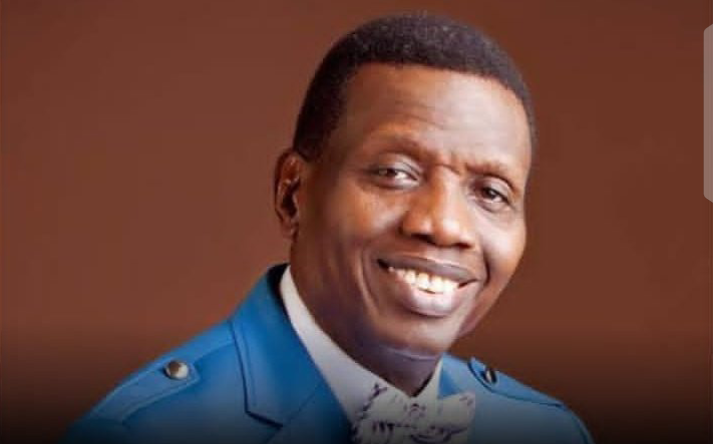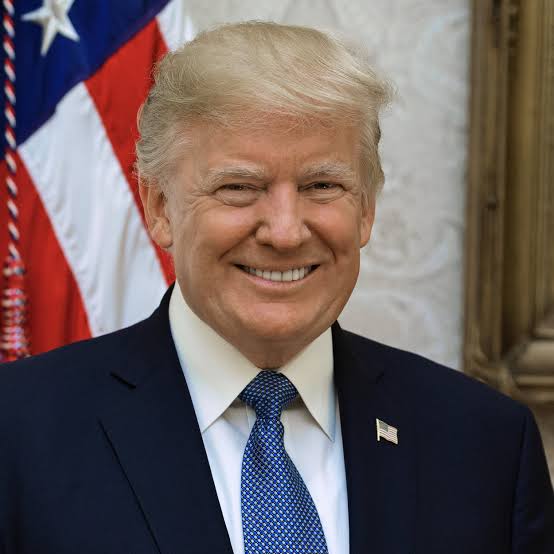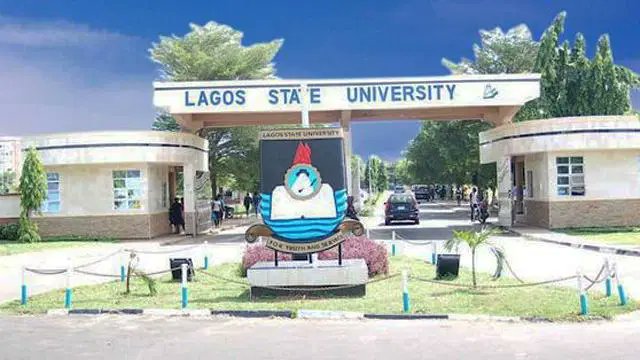
“They Train the Champions Too”—Pastor Adeboye Demands Equal Pay for Super Falcons’ Coaches

In a nation still basking in the triumphant glow of the Super Falcons' WAFCON 2024 victory, Pastor Enoch Adeboye has ignited a new kind of conversation—one that challenges how Nigeria rewards its champions. The respected General Overseer of the Redeemed Christian Church of God (RCCG) is calling out what he sees as a glaring imbalance in the recognition and compensation given to the team’s coaches compared to their players. His message? Coaches deserve equal pay. They are not just bystanders—they are the architects behind every win.
Speaking passionately during the RCCG’s monthly Thanksgiving Service at the church's Ebute-Meta headquarters in Lagos, the 82-year-old spiritual leader didn’t mince words. He began by commending President Bola Ahmed Tinubu for his gesture of awarding each of the 24 Super Falcons players the naira equivalent of $100,000 and a three-bedroom apartment. A move many applauded as historic and generous. However, the tone shifted when Pastor Adeboye turned attention to the coaches, notably Head Coach Justin Madugu and the rest of the technical crew, who received only half that amount—$50,000 each.
“I thank the President for the gifts to the Falcons,” he said. “However, I’m not quite sure I agree that the coaches should get less than the players. Without coaches, the team would not succeed.”
It was a moment of striking clarity from a man whose words carry weight far beyond the pulpit. The sermon, aptly titled The Winning Team, made one thing undeniably clear: every member of a successful team deserves to be honoured equally. To Pastor Adeboye, this isn’t just about sports—it’s about justice, dignity, and the deeper biblical principle of rewarding those who labour behind the scenes.
Referencing Revelation 2:17, he reminded the congregation that “overcomers are rewarded.” He acknowledged the Falcons’ glorious achievement, but urged Nigerians—and more importantly, the government—not to forget the strategic minds and guiding hands that shaped the victory.
Then came a deeply personal story—one that put flesh and blood to his argument. He recalled his days as a boxer back in 1960, a period when discipline, grit, and pain defined his training. The man behind that grueling schedule was his coach, a figure who gave nothing away for free, who pushed his trainees to the edge.
“That man gave us a tough time. We once asked if we were training for the army,” Adeboye recounted, a soft chuckle breaking through the seriousness of his point. “But today, I thank him. He built us. A good coach sees your potential and pushes you beyond it.”
That emotional recollection was more than nostalgia. It was a powerful endorsement of the role coaches play—not just in sports but in the development of character, discipline, and purpose. According to Pastor Adeboye, while the players dazzle the crowds and grab headlines, it is the coaches who plot the course, orchestrate tactics, and lay the foundation for victory. They are the backbone of every success story.
His comments come at a time when conversations about fair compensation in sports are heating up globally. From women's football to Olympic teams, the issue of equal pay for athletes and their coaches is gaining traction. But rarely do prominent religious figures wade into such waters. Pastor Adeboye's voice may now be the catalyst for a deeper national reckoning on how Nigeria rewards service, skill, and sacrifice.
Social media has already begun buzzing with reactions. Many Nigerians are applauding the cleric for speaking truth to power, calling it a necessary reminder that fairness should extend to everyone who contributes to a win—not just those in the spotlight. Others are demanding that the Presidency review its gift allocations, citing Pastor Adeboye’s sermon as both wise and timely.
Some users on X (formerly Twitter) wrote, “Papa Adeboye said what many were thinking. The coaches deserve their own flowers too. Equal effort, equal reward!” Another post read, “The Falcons didn’t train themselves. Coaches made that team. Pay them their dues!”
This isn’t the first time Pastor Adeboye has used his platform to touch on national issues with a moral lens. But this particular message has stirred something different—a conversation not just about sports, but about values. In a country where underappreciation is a common tale among workers in virtually every sector, from education to healthcare to sports, his words have opened up a broader reflection on how Nigeria defines merit and reward.
He ended his sermon with a sobering reminder: “Let’s not forget the coaches. God bless them.” Simple words. But loaded with meaning.
Whether or not President Tinubu reconsiders the financial reward structure for the Super Falcons’ technical crew remains to be seen. However, one thing is certain: Pastor Adeboye has placed the issue on a much bigger stage, one where fairness and gratitude must walk hand in hand.
As the Super Falcons continue to bask in the glow of their well-earned victory, perhaps the time has come for Nigeria to turn the spotlight to those who taught them how to shine.


